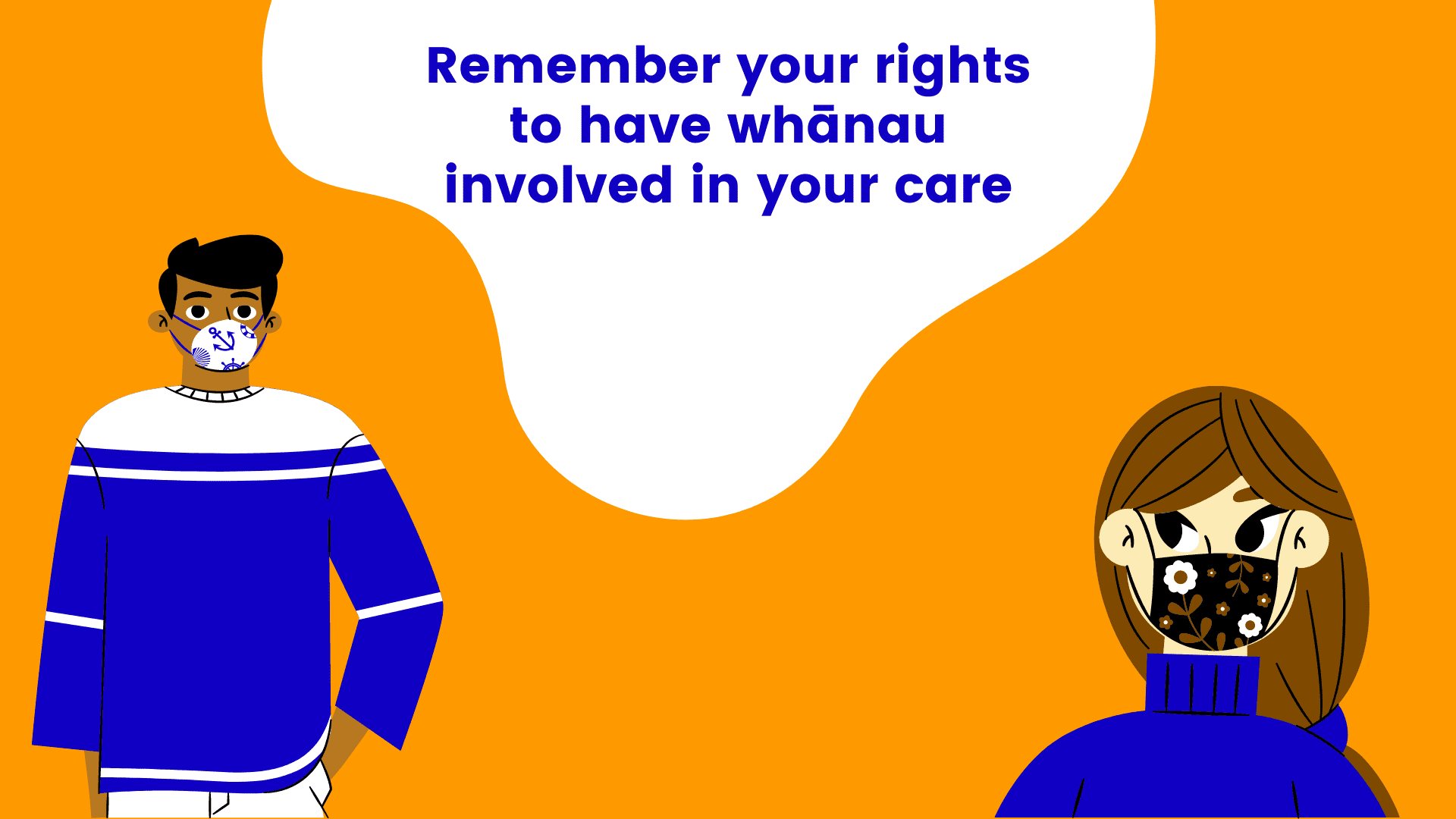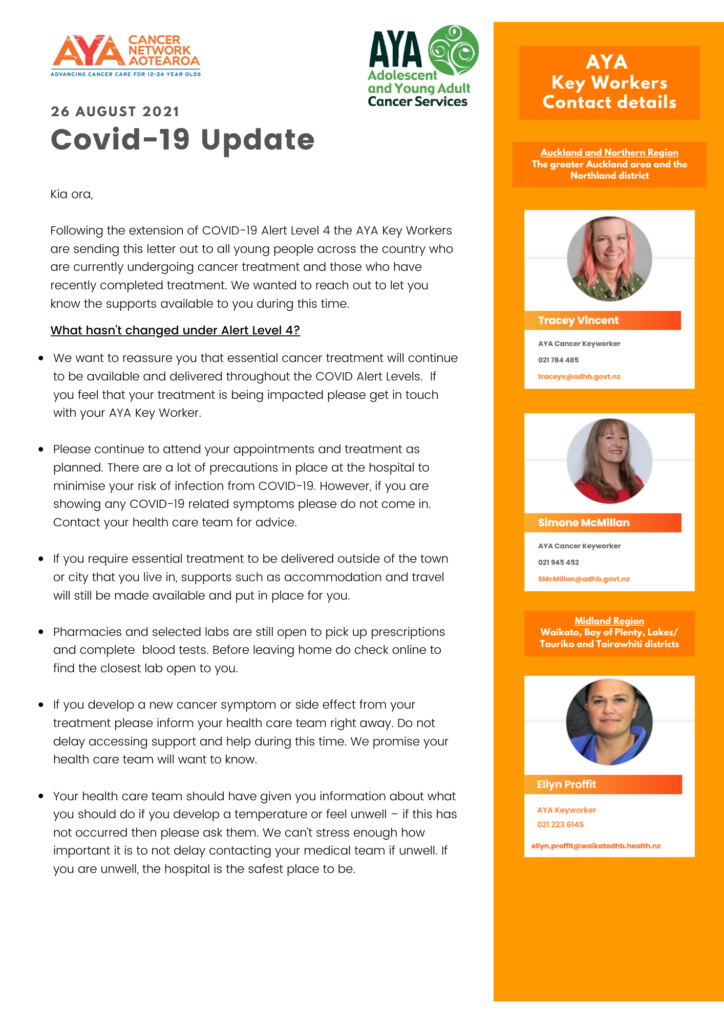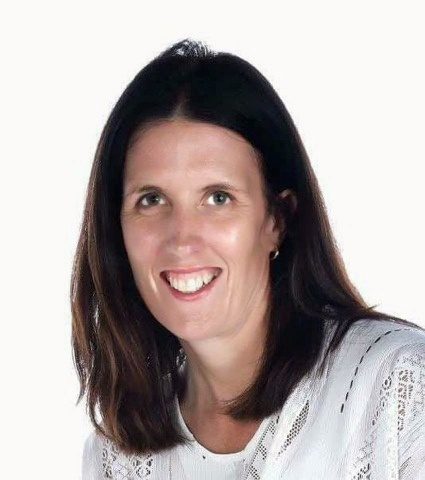Covid-19 Updates, Information and Support
Kia ora,
This page is for young people across the country who are currently undergoing cancer treatment and those who have recently completed treatment.
Firstly we want to acknowledge the challenging time you are facing right now. We understand how unsettling it must feel moving between the different alert levels while undergoing cancer treatment. We are here for you and our health care system is prepared to continue delivering essential cancer services at all alert levels. Here on this page you will find information about undergoing cancer treatment as a young person experiencing the COVID-19 aware environment. Please keep coming back to review this page as we add new information and update the site.
Take care during this time and know you are not alone! We are here to support you as well as your Key Workers and healthcare team.
Noho ora mai (stay well and look after yourselves)
He waka eke noa (we are all in this together!)
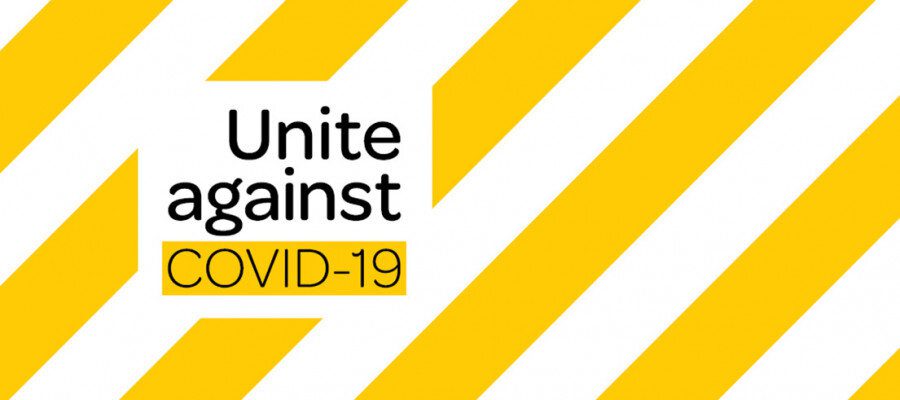
COVID-19 Information and support for young people and whānau going through treatment
If you have cancer you probably have questions about how COVID-19 will affect your cancer treatment, care and medical appointments. We’ve answered some of the main ones below.
Will my cancer treatment be delayed because of the COVID-19 lockdown?
- We want to reassure you that essential cancer treatment will continue to be available and delivered. If you feel that your treatment is being impacted please get in touch with your AYA Cancer Key Worker.
What if I have a medical appointment? Should I attend this in person?
- Please continue to attend your appointments as planned. There are a lot of precautions in place at the hospital to minimise your risk of infection from COVID-19. Some consultations may move to virtual consultations via phone or video conference – you will be notified if this is the case. However, if you develop COVID-19 related symptoms please do not come in. Get in contact with your healthcare centre or Key Worker for advice.
- Mask wearing is mandatory and you will be screened before entering healthcare environments. If you do have any COVID-like symptoms please notify your healthcare team before attending and we strongly encourage you to get tested.
What should I do if I am on chemotherapy and feel unwell with fever, sweats and shivering?
- Your health care team should have given you information about what you should do if you develop a temperature or feel unwell – if this has not occurred then please ask them.
- We can’t stress enough how important it is to not delay contacting your medical team if you become unwell.
- In a situation where you are really unwell and have been asked to come in and cannot access transport in a timely manner please call 111 for an ambulance.
- If you are unwell, the hospital is the safest place to be.
I fear that my cancer may have returned or I have developed a new cancer symptom or side effect from my treatment – what should I do?
- Inform your healthcare team immediately. Do not delay accessing support and help during this time. We promise you your healthcare team will want to know.
Should I get the COVID-19 vaccine if I am currently receiving cancer treatment?
- This is strongly encouraged. But please talk to your healthcare team first, as depending on what treatment you are on, they may want to time the vaccine to be delivered at a certain point in your treatment cycle.
We know that there are a number of financial and non-financial factors that could be causing additional stress for you and your whānau during this time, and that these may impact on your ability to engage in your cancer treatment. We can’t stress enough the need to highlight these to your keyworker or healthcare team so that plans and support can be put in place to help you.
I am having difficulties attending my appointments or treatments due to issues such as transport and childcare. What should I do?
- It is really important to let your keyworker or healthcare team know any issues that you may be experiencing in attending appointments or treatments such as transport. There are supports available that can be accessed in these situations.
- Please let your team know as early as possible so they can explore these options with you.
I don’t have access to a phone or credit to keep in contact with my healthcare team?
- It is more important than ever you have access to a phone with data/credit on it so that you can keep in touch with your healthcare team.
- In addition, many of the supports you may normally access are now delivered virtually.
- Again, please let your Key Worker know if accessing credit, data or internet access is an issue for you.
Most of you will be familiar with the service that the Key Workers provide. We are health professionals employed to provide care co-ordination and oversight for young people aged 12 to 24 years who are diagnosed with cancer.
We can help during these times by
- providing advice and support – just a text away;
- helping to access practical supports like transport when required;
- sign-posting and directing you to the right people for any concerns or issues that may arise;
- advocating for your needs if you feel that you aren’t being listened to.
“ I was lucky to have the care of an incredible AYA Key Worker who made it more than her personal mission to ensure that I was well looked after. She stepped in and took action with my day to day stableness.”
Even if you have never had contact from a Key Worker in the past please reach out if they could be of help. In some regions they can attend appointments or visit you in hospital even when your whānau cannot.
The Key Workers are based in six regions to provide support for young people across the country. Their contact details can be found below and days and times of work. Text or call them – whatever works best for you. There will be times when you may hear from a Key Worker from another region. This may be related to availability. However, please remember the Key Workers are not an emergency service and do not work evenings and weekends. Please contact your healthcare team if you have immediate concerns or 111 if it is an emergency.
If you have tried to get hold of a Key Worker and not had a reply then please send an email to AYAcancer@adhb.govt.nz and we will ensure this is followed up by one of the team.
Please find Key Worker contact information here or otherwise in the COVID-19 Update letter below.
We want to acknowledge that COVID-19 can bring with it a range of feelings and emotions. Some young people told us last year that they preferred lockdowns because their families could be at home with them and they weren’t missing out on socialising with friends because nobody was going out!
For others, challenges with hospital visits or the impact of not being able to be with loved ones placed them under additional stress. Taking care of your emotional wellbeing is so important during these times so below we’ve shared some tips, resources and services to help support you.
We also have an Emotional Wellbeing page here: Emotional Wellbeing providing further information and supports available for young peoples’ emotional wellbeing.
Do you have any helpful suggestions for me when admitted to hospital or attending my treatments?
Open this link for top tips on what you can do when in the hospital View here
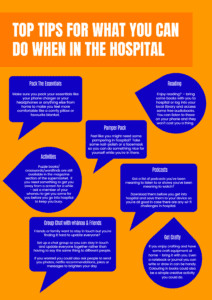
Here are some helpful suggestions from young people who attended treatment or were admitted during last years’ lockdown;
- “I couldn’t bring my whanau to my appointment but my keyworker suggested that I use Face Time or Messenger so that they could still hear everything my oncologist was telling me.”
- “I’m not a fan of hospital food and Uber wasn’t delivering. So bring a whole lot of your favourite foods and snacks with you if you have to come into hospital.”
- “Bring lots to do – and don’t forget your chargers.”
Are there any wellbeing apps you would recommend?
- Smiling Minds. Australian Mindfulness App with guided exercises
- Headspace. UK Mindfulness App with a range of guided relaxation exercises you can try
- Melon Health. Free Meditation, Sleep and Mindfulness activities
- Mylife Meditation. American App designed for under 25s which has a range of breathing activities, meditations and mood check in tools
There are also other dedicated self-help tools and supports that you may find useful listed below:
- SPARX http://sparx.org.nz. is a computerised self-help programme intended to help people aged 12-19 who may be feeling down
- Mental Wealth http://mentalweath.co.nz by Le Va provides online resources to help young people look after their mental health, and includes online counselling
- The Lowdown https://thelowdown.co.nz/ provides videos and articles about anxiety and depression and also includes support through a free 24/7 helpline, text and webchat
- Aroha https://www.healthnavigator.org.nz/apps/a/aroha-chatbot/is a chatbot to help young people cope with stress during the COVID-19 pandemic
- Youthline https://www.youthline.co.nz/provides support for young people via the fee call service, text and webchat
- Melon Health melonhealth.com. provides online tools and resources to help people manage stressful times, and also has an app available for download
- Small Steps http://www.smallsteps.org.nz A NZ website to help you take small steps to manage stress, calm your mind and lift your mood. Has breathing activities you can try and short clips.
We have set up the message box below where you can post questions anonymously and we will answer these in a timely manner by posting answers back on to the web page. We do encourage you to ask any questions you may have. If you have a question we’re sure that many others will have a similar one.
Please note: Any clinical related questions about your individual care should be directed to your healthcare team or AYA Key Worker. Please see the contact details above.
AYA Key Worker COVID-19 Update
The AYA Keyworkers hope you are keeping safe and well. Below was a 2021 update sent out from the group on the 26th August outlining information and supports available to you during that time – much of which still may be of help now.
Q&A Video on Cancer & the COVID-19 Vaccine
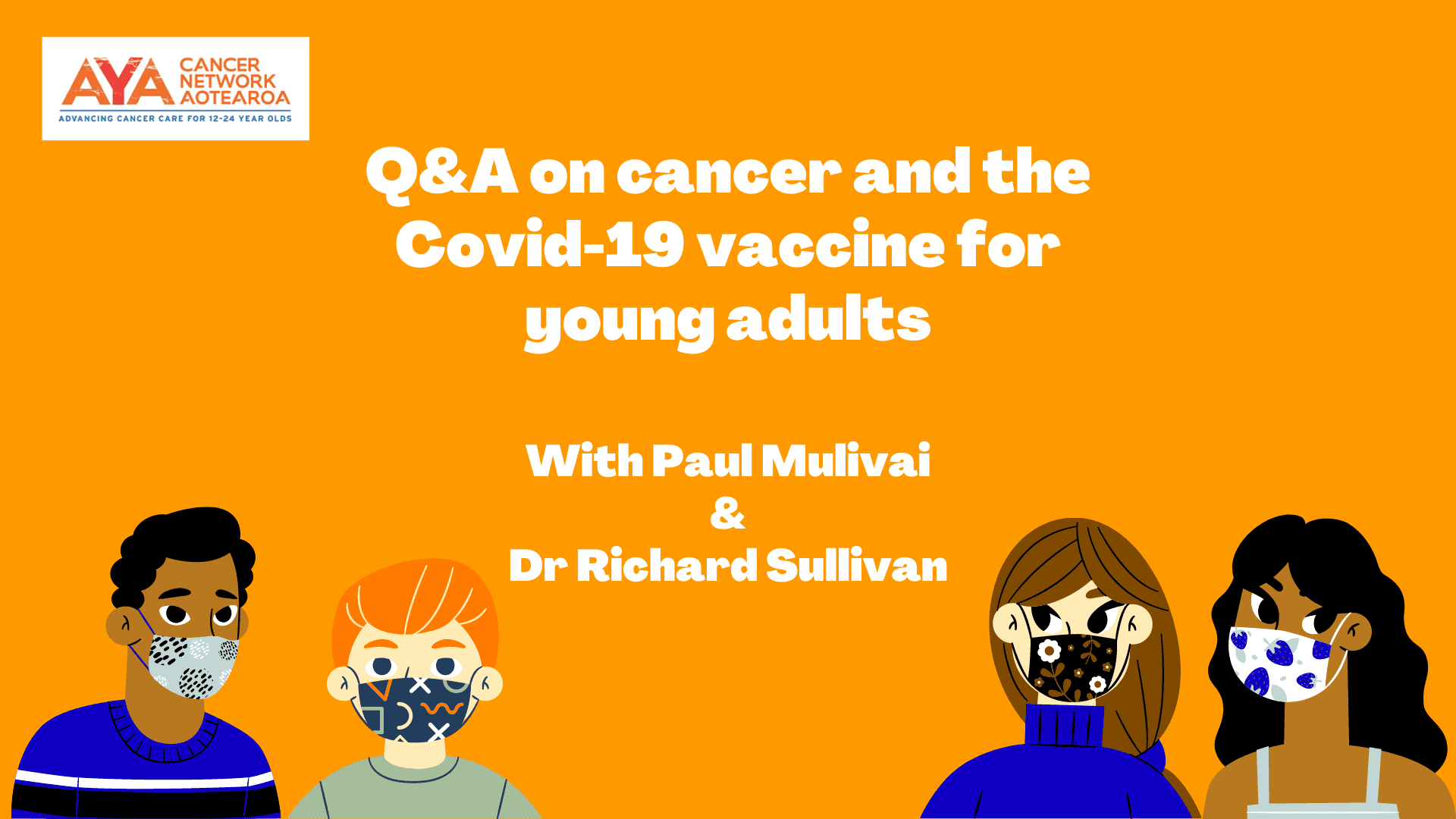
Q&A on Cancer and the Covid-19 vaccine for young people
Ways you can keep whānau involved in your care under Covid-19 visitor restrictions
